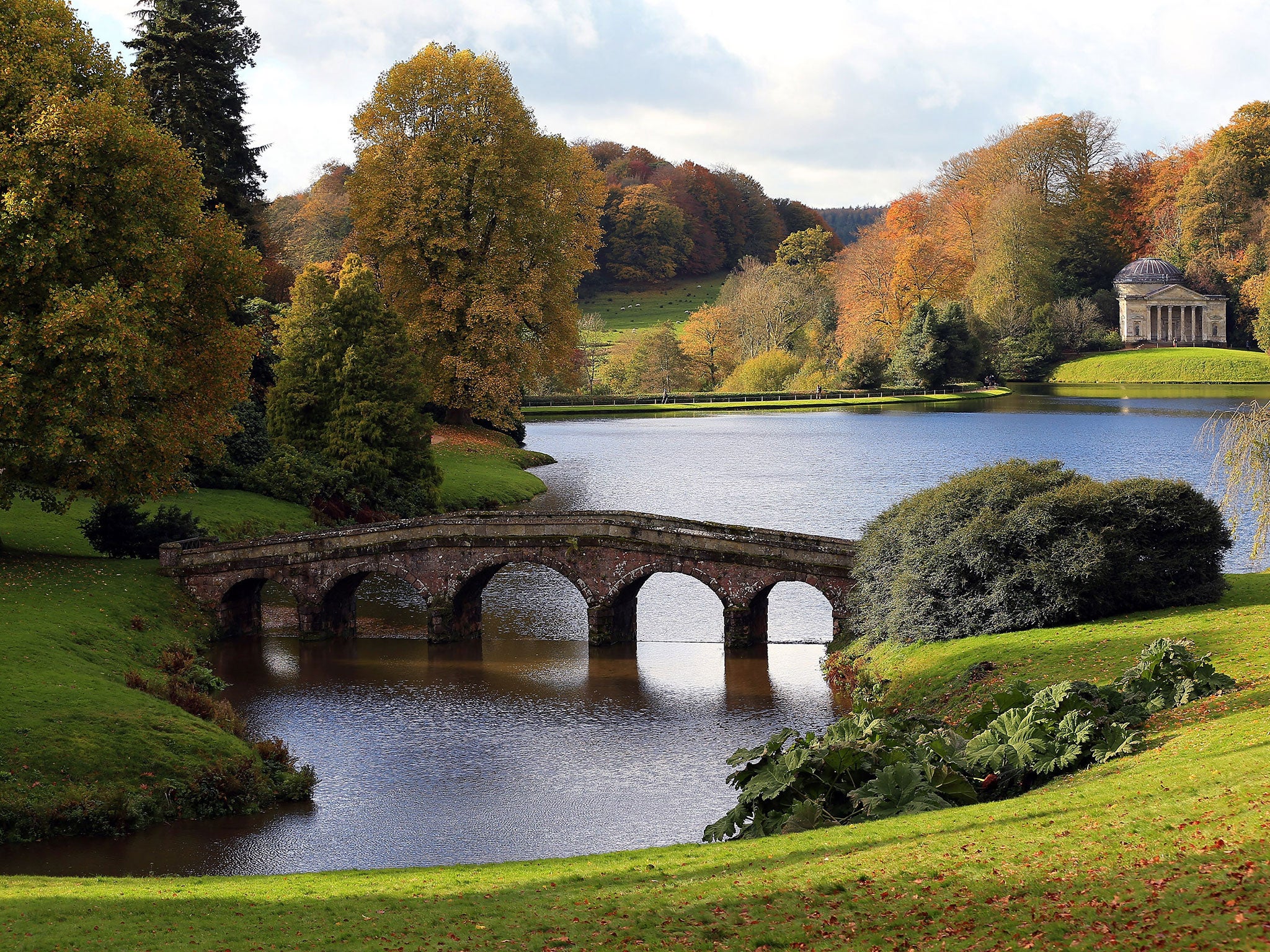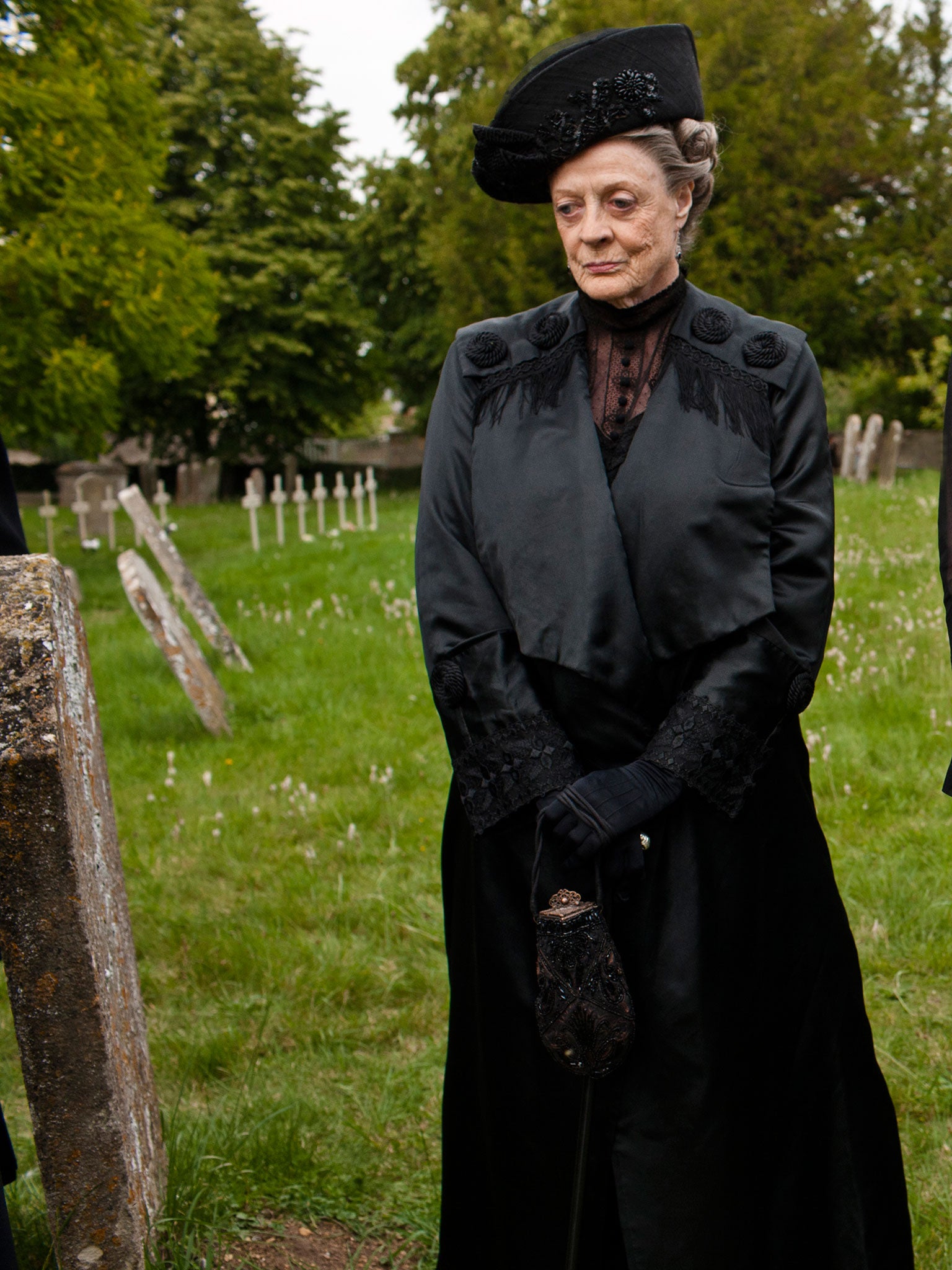National Trust 'abuses goodwill of employees,' claim unions
Despite large TV profits from shows such as 'Downton Abbey', accusations that too many charity staff are paid below the living wage

Your support helps us to tell the story
From reproductive rights to climate change to Big Tech, The Independent is on the ground when the story is developing. Whether it's investigating the financials of Elon Musk's pro-Trump PAC or producing our latest documentary, 'The A Word', which shines a light on the American women fighting for reproductive rights, we know how important it is to parse out the facts from the messaging.
At such a critical moment in US history, we need reporters on the ground. Your donation allows us to keep sending journalists to speak to both sides of the story.
The Independent is trusted by Americans across the entire political spectrum. And unlike many other quality news outlets, we choose not to lock Americans out of our reporting and analysis with paywalls. We believe quality journalism should be available to everyone, paid for by those who can afford it.
Your support makes all the difference.Staff at the National Trust, whose salaries are paid by its four million members' fees, struggle to survive on wages "from a bygone era".
The trust, responsible for some of the most important historic buildings in England, Wales and Northern Ireland, has been attacked for its failure to pay the living wage of £7.85 an hour.
Prospect, the union that represents its staff, said employees' living standards had plummeted in real terms despite the charity's income rising by £4m, to £460m, in the past year due to increased interest in its properties featured in TV dramas and films such as Downton Abbey, Mr Turner and Game of Thrones.
Prospect's negotiations officer, John Stevenson, said: "Downton Abbey is alive and kicking in the National Trust. These are the guardians of our national heritage, yet they are left to struggle on with wages from a bygone era."
The call for better pay and conditions came as the trust held its AGM in Swindon yesterday. The union says a culture of low pay has left many of the National Trust's 12,000 employees struggling below the poverty line. Mr Stevenson said: "This is not about the trust's ability to pay the living wage, it is about its willingness to do so."

A gardener working for the trust, who wished to remain anonymous for fear of reprisals, said employees working on the charity's country estates were proud of their jobs but their goodwill towards the organisation was being abused. "The National Trust is a fairly wealthy organisation. I think they take advantage of people's dedication."
The national living wage rose to £9.15 an hour in London and £7.85 an hour elsewhere on 3 November, to mark Living Wage Week. Rhys Moore, director of the Living Wage Foundation, said the "best employers are voluntarily signing up" to the higher basic rate of pay for staff.
Guidelines set out by the Museums Association state that the cost of living across the regions "will affect the setting of salary scales in general and should be taken into account, where possible".
A spokesperson for the trust said 83 per cent of staff were already paid the living wage or above – but this leaves more than 2,000 workers below the threshold. The union also claims that pay for all staff was "not necessarily commensurate with their skills, experience or contribution", even where it fell above the living wage.
A statement from the National Trust said that, according to staff surveys, 94 per cent of employees reported that they were satisfied with their working conditions. "But we... will continue to work closely with our employees to see how we could improve further," it added.
In 2013, Prospect members at the National Trust for Scotland's 130 properties were balloted over strike action, after the NTS refused to accept new pay proposals that included the Scottish living wage of £7.45 an hour for all staff. At the time, officials said that the NST "simply cannot afford" to pay higher wages while recovering from a financial crisis".
Join our commenting forum
Join thought-provoking conversations, follow other Independent readers and see their replies
Comments